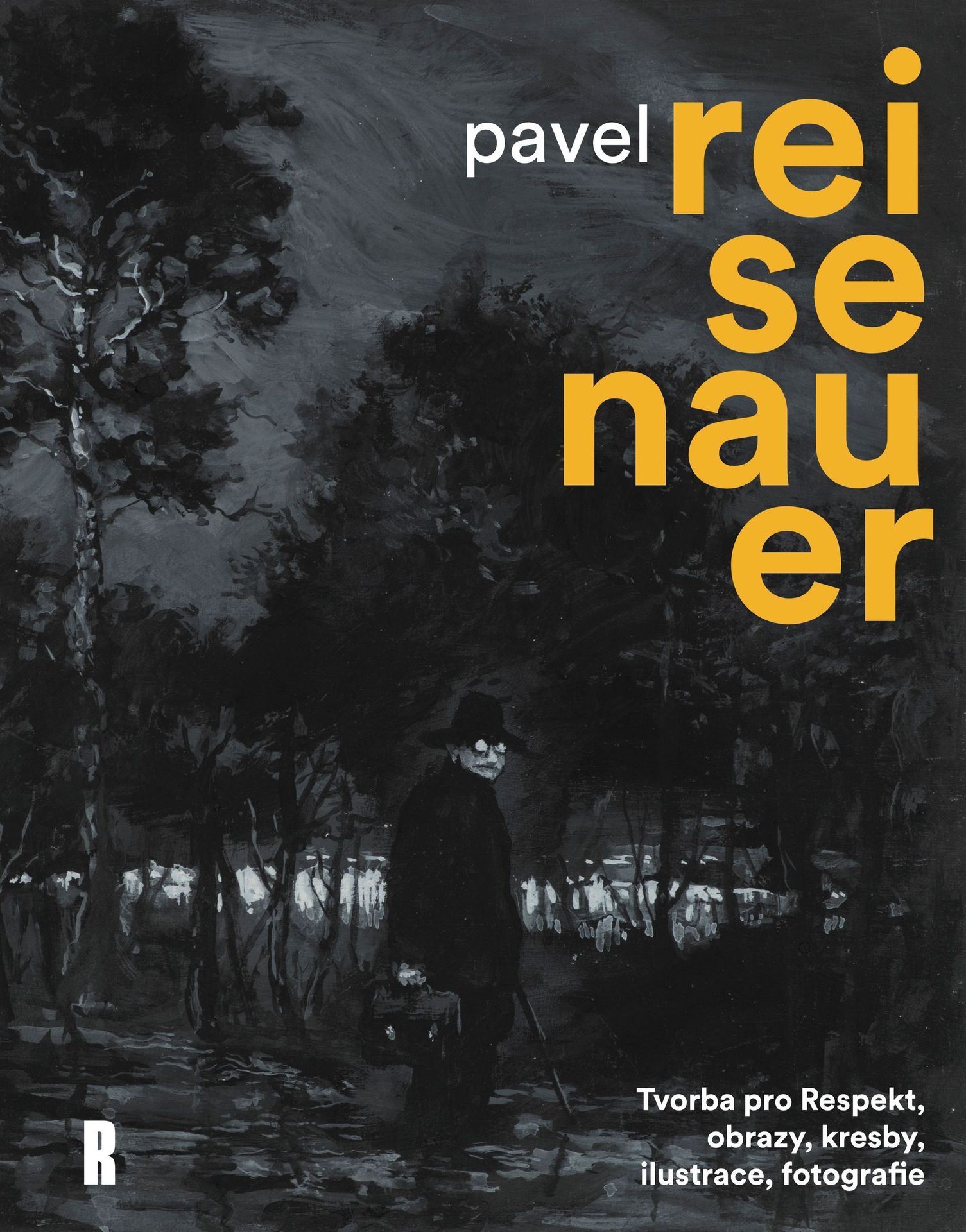Comparing Everyday Life
Czechs value both lunch as well as relaxation
The first thing you do when you arrive in an unfamiliar place is observe what makes the new environment so unfamiliar. You absorb all of the differences, both big and small. The unfamiliar smells, different noises, and new people make coming to a different place a real experience.
One of the most interesting things to observe in a new place is how the people live and what their daily life entails. The different environments in which we live mold us into vastly different people. Everyday life and the social norms in different countries make a person who they are.
Overtime, I have made a mental list of “noticings” that I compare while spending time in both America and the Czech Republic. It is a list of things unique to one of the countries and not found in the other. Of all the things I have encountered, a select few stand out. Most of the things concentrate on practices found in everyday life.


Getting Around
To begin, America is a country made for cars, not people. Excluding people who live in thickly populated cities like New York City, everyone has a car. Cities and towns are designed in a way that makes it impossible to be a pedestrian, or even worse, a cyclist. Streets are narrow and sidewalks are not reliable, leaving bike lanes to take up the extra three inches on the side of the road.
Public transportation is unreliable and expensive. Even in a reasonably small town like my own, schools and grocery stores are only accessible by car. Many large stores are located on busy highways that are extremely unwelcoming to pedestrians.
In a suburban town in Europe, stores are usually in a central location reachable by bike or foot. Also, most of these towns are equipped with bike paths or pedestrian friendly roads. Americans are completely reliant on their cars, but sometimes it cannot be attributed to laziness, they simply have no choice.
Time
Although the practice seems to be disappearing, many Czech stores still close their doors during lunchtime. Employees either go home or out for lunch. This includes banks, grocery stores, and many other offices. This goes to show how Czechs value both lunch as well as relaxation. In Spain, Spaniards take their famous siesta at midday while in America, stores would never close for a lunch break, employees just hurriedly eat lunch behind their desks.
Also, on a Sunday in the Czech Republic, one must make sure to do their food shopping early because stores tend to close early in the day to allow employees time at home. While American stores may close at six instead of eight on Sundays, citizens don’t value their Sundays nearly as much as Czechs do. While this may seem like just a silly observation, it shows quite a bit about how the two country’s value rest time.
Quantity
As previously discussed, Americans drive everywhere. In some cases, like a shopping trip to Costco, a car is a necessity. Bulk stores like Costco and BJ’s offer huge quantities and cheap prices. Stores like these do not exist in the Czech Republic. At Costco or any store like it, one can buy 100 granola bars instead of six for a price that makes having 100 granola bars in your basement worth it.
While these stores make sense when buying some things, one cannot ignore how it encourages consumerism. Instead of choosing three tomatoes from the selection, one is forced to buy twenty at a time. Entering a store that sells everything from fresh fish, three packs of eyeglasses, and flat screen televisions, I know from experience that it is all too easy to get carried away. A store like this would never make sense in the Czech Republic where very few things come in large quantities.
For more “noticings”, check back next Monday…
Pokud jste v článku našli chybu, napište nám prosím na [email protected].










